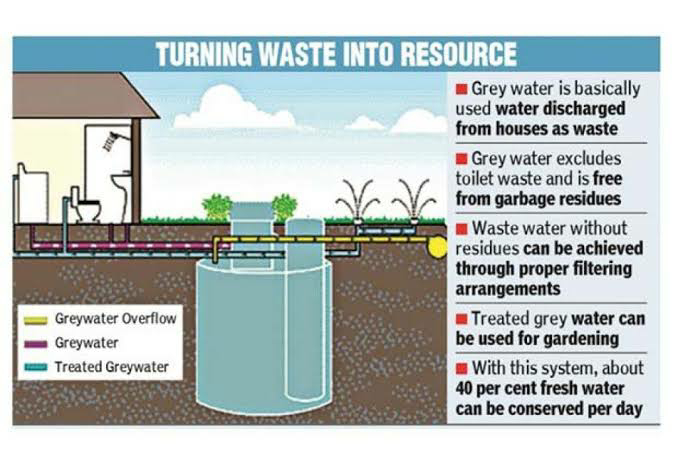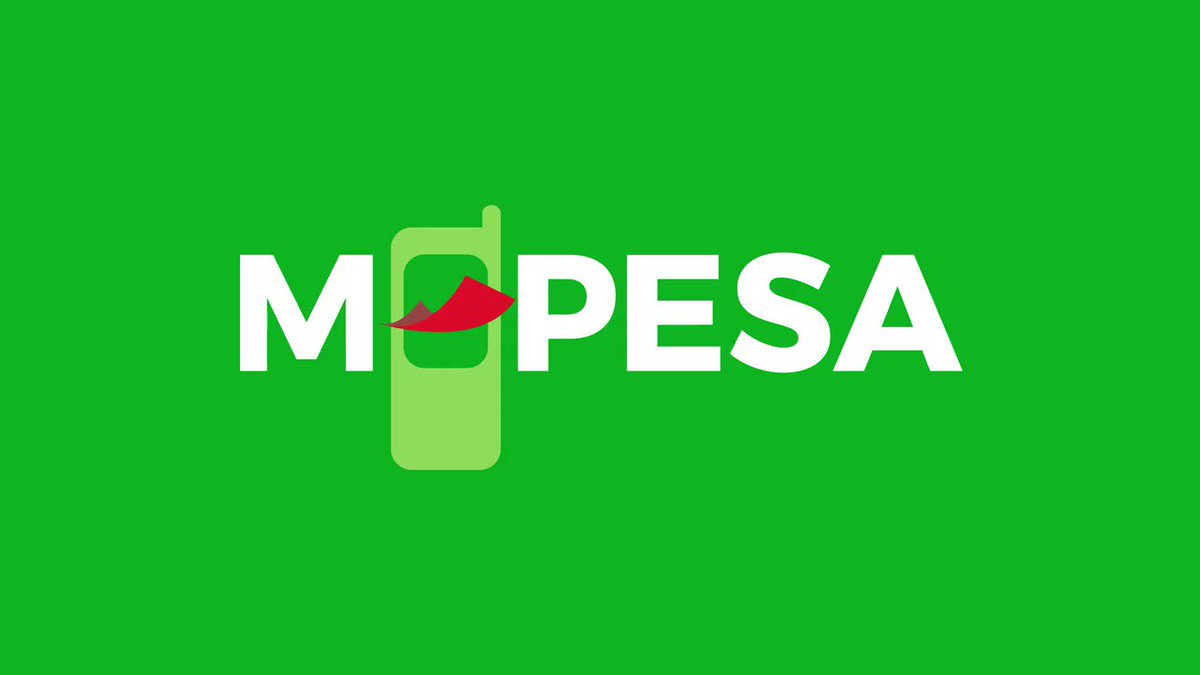Water scarcity is a pressing issue in many African countries, exacerbated by rapid urbanization, climate change, and inadequate infrastructure. As a water engineer and environmental enthusiast, it's crucial to explore and implement innovative water conservation techniques to ensure sustainable water management in urban areas. In this blog post, we'll delve into some of the most effective strategies that can be adopted to conserve water in African cities.
Rainwater Harvesting
Overview: Rainwater harvesting involves collecting and storing rainwater for later use. This method is particularly effective in areas with seasonal rainfall.
Implementation:
- Rooftop Harvesting: Install gutters and downspouts to channel rainwater from roofs into storage tanks.
- Surface Runoff Harvesting: Create catchment areas to collect rainwater from streets and open spaces.
Benefits:
- Reduces demand on municipal water supplies.
- Provides a reliable source of water during dry periods.
- Lowers the risk of urban flooding.
Rainwater harvesting is a low-cost, highly effective solution that can be implemented at both household and community levels. By making use of the rain that naturally falls, we can significantly reduce our dependence on traditional water sources.
Greywater Recycling
Overview: Greywater refers to wastewater from baths, sinks, washing machines, and other kitchen appliances. Recycling greywater for non-potable uses can significantly reduce freshwater consumption.
Implementation:
- Treatment Systems: Install small-scale greywater treatment systems to filter and disinfect greywater.
- Reuse: Use treated greywater for irrigation, toilet flushing, and landscaping.
Benefits:
- Decreases demand for fresh water.
- Reduces the volume of wastewater that needs treatment.
- Promotes sustainable water use practices.
Greywater recycling can be particularly beneficial in urban settings where water usage is high. By reusing water that would otherwise go to waste, we can make our cities more sustainable and resilient.
Leak Detection and Repair
Overview: Water loss due to leaks is a major issue in urban water supply systems. Identifying and repairing leaks can conserve substantial amounts of water.
Implementation:
- Regular Inspections: Conduct routine inspections of water supply networks using advanced technologies like acoustic sensors and pressure loggers.
- Community Reporting: Encourage residents to report leaks promptly through mobile apps or hotlines.
Benefits:
- Minimizes water wastage.
- Reduces repair costs over the long term.
- Improves the efficiency of water distribution systems.
Efficiently managing and maintaining our water infrastructure is crucial. By addressing leaks promptly, we can ensure that more water reaches those who need it.
Smart Water Meters
Overview: Smart water meters provide real-time data on water usage, helping to detect leaks, monitor consumption patterns, and promote efficient water use.
Implementation:
- Installation: Replace traditional water meters with smart meters that can remotely transmit data.
- Analytics: Use data analytics to identify trends and areas for improvement.
Benefits:
- Empowers consumers to monitor and reduce their water use.
- Enables utilities to manage demand and supply more effectively.
- Enhances transparency in water billing.
Smart water meters are a powerful tool for both consumers and utilities. By providing detailed insights into water usage, they can help us make more informed decisions about how we use and conserve water.
Public Awareness and Education
Overview: Raising awareness and educating the public about water conservation is crucial for changing behaviors and promoting sustainable practices.
Implementation:
- Campaigns: Launch educational campaigns through schools, community centers, and media.
- Workshops: Conduct workshops and training sessions on water-saving techniques.
Benefits:
- Encourages community participation in water conservation efforts.
- Builds a culture of sustainability.
- Leads to long-term behavioral changes.
Education and awareness are the foundations of any successful conservation effort. By informing and engaging the public, we can foster a collective commitment to protecting our water resources.
Conclusion
Water conservation in urban areas is not just a technical challenge but also a social one. By adopting innovative techniques such as rainwater harvesting, greywater recycling, leak detection, smart water meters, and public education, African cities can address water scarcity and build resilient urban water systems. As water engineers and environmental advocates, it is our responsibility to lead the way in implementing these solutions, ensuring a sustainable water future for our communities.
Call to Action: Join the conversation on water conservation by sharing your experiences and ideas in the comments below. Follow our page for more articles on sustainable water management and environmental protection in African countries. Together, we can make a difference!









0 Comments